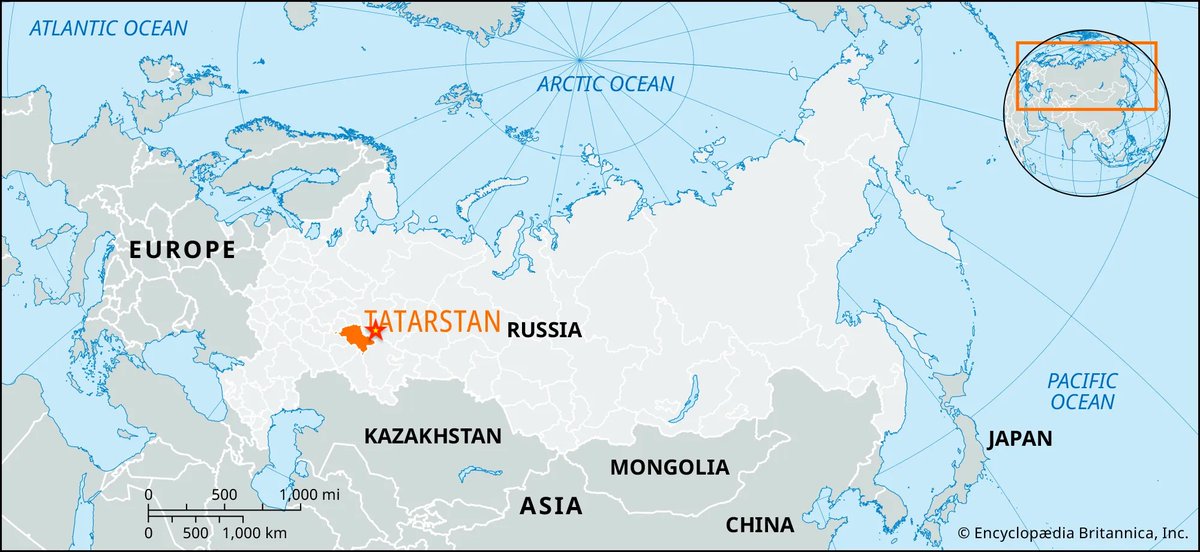Why the USSR failed?
There are two ways for a poor, underdeveloped country to industrialise: Soviet vs Chinese way. Soviet way is to build the edifice of industrial economy from the foundations. Chinese way is to build it from the roof.
1st way sounds good, 2nd actually works.
There are two ways for a poor, underdeveloped country to industrialise: Soviet vs Chinese way. Soviet way is to build the edifice of industrial economy from the foundations. Chinese way is to build it from the roof.
1st way sounds good, 2nd actually works.

To proceed further, I need to introduce a new concept. Let's divide the manufacturing industry into two unequal sectors, Front End vs Back End:
Front End - they make whatever you see on the supermarket shelf
Back End - they make whatever that stands behind, that you don’t see
Front End - they make whatever you see on the supermarket shelf
Back End - they make whatever that stands behind, that you don’t see
Front End industries are making consumer goods. That is, whatever you buy, as an individual. Toys, clothes, furniture, appliances all falls under this category. The list of top selling amazon products gives a not bad idea what the front end sector is, and how it looks like. 

Still, the production of ready consumer goods comprises only the final, ultimate element of manufacturing chain. The rear part of the chain remains hidden from our sight. We call it the Back End
Back end products are not recognisable. You never bought an SMX 700 radial forge
Back end products are not recognisable. You never bought an SMX 700 radial forge

While there is an enormous number & diversity of niche, obscure, unobvious industries hidden in the Back End, these four make for the core of it. Four Mother Industries the rest of manufacturing sector is based upon. 

Production chains start on the back end and flow towards the front. You build petrochemical equipment (deep back). You use it to make plastics on a petrochemical plant (back end). Allowing, finally, to make a slippers out of it (front end).
From the Back to the Front it flows
From the Back to the Front it flows
Now there is a paradox about the Front End vs Back End industries. Which is:
Complexity of an industry is inversely correlated with the size of its market
Front end industries tend to be both dumber & larger, compared to the more complex back end industries they are based upon
Complexity of an industry is inversely correlated with the size of its market
Front end industries tend to be both dumber & larger, compared to the more complex back end industries they are based upon
Back End is complex, and the further back, the more complex it gets. It is more capital intensive, more knowledge intensive, less mistake tolerant. Easy to fuck up. Front End is simpler, with less entrance barriers in terms of either capital or knowledge. Harder to fuck up.
Front End industries on the other hand, tend to be larger. Like many, many times larger compared to the back. The market of electronic appliances, for example, would be like 1000 times larger than the far more complex market of machinery used for making these appliances.
So, what you have is the larger and dumber Front End markets vs smaller & more complex Back End markets. Few entrance barriers in the front end vs almost insurmountable barriers shielding the back end from any external competition by the primitive barbarians like yourself.
Now the problem of most state-run, centrally-planned industrialisations is that they tried to brute force their way to the back end. Which is objectively very hard to achieve, because the entrance barriers are so insurmountably high.
Worst of all, the markets of back end tend to be small, and the more critical, the smaller. Brute forcing your way to the back end, you bleed yourself, and bleed yourself for a relatively small financial gain. Then you run out of money. Then you go bust.
Like the USSR did.
Like the USSR did.
Chinese way, on the other hand, had been to skip the basics altogether. Do not even bother with laying proper foundations, but start building the roof asap. Do the front end, consumer market oriented stuff.
Make slippers, towels, gaming consoles.
Make slippers, towels, gaming consoles.
The thing with the front end industries is that they are easier. The entrance barriers are lower. You can start with little money or expertise. You can be making mistakes, messing things up, and that is still fine because low price is the only thing people really care about.
On top of that, front end markets are bigger, so much bigger compared to the back end. And that is the great paradox of manufacturing sector. A dumber, easier to enter front end industry will correspond to a critical back end industry it is based upon as an elephant to a mice.
Do not even bother with developing any proper back end. Just go to the front end, and swallow the elephant whole. Once you did, you will be drowning in cash. Now you can invest these earnings in cultivating the niche, complex and hard to develop expertises of the back end.
You can read in full here
This is an introductory text, where I am outlining the basic concepts further narrative will rely upon.kamilkazani.substack.com/p/why-the-ussr…
This is an introductory text, where I am outlining the basic concepts further narrative will rely upon.kamilkazani.substack.com/p/why-the-ussr…
• • •
Missing some Tweet in this thread? You can try to
force a refresh















